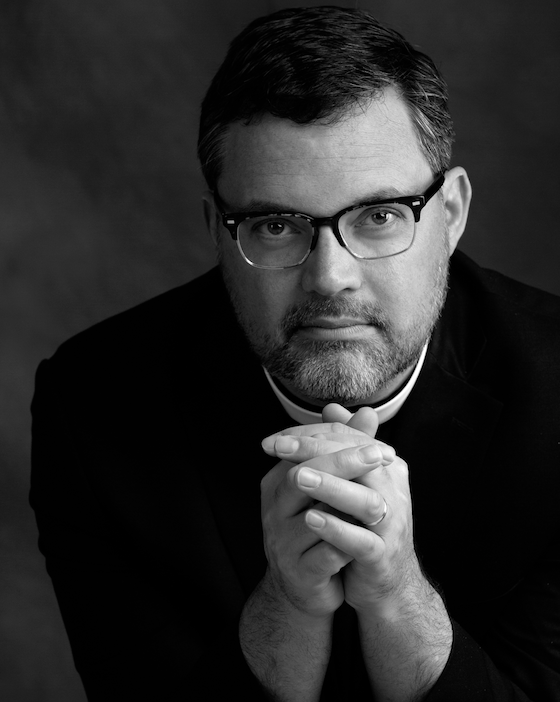media
Rick’s Sermons [YouTube]
Podcast—Cross Connections: Cover to Cover [Apple] [Spotify]
Video Series—Where is the Glory [YouTube]
books
The Anglican Rosary and the Lectionary: Year C
The Anglican Rosary and the Lectionary: Year B
The Anglican Rosary and the Lectionary: Year A
Praying the Anglican Rosary in Advent and Lent
Going to Hell, Getting Saved: What Jesus Actually Says About Salvation
a little about me
I’m a priest in the Episcopal Church and I serve as rector of St David’s Episcopal Church in Wayne, Pennsylvania.
I’ve been married to my wife, Karen, for over 25 years, and we have two daughters.
This is my personal website and blog, which features some of my writing, thoughts, and art.
The thoughts and opinions that I express on this blog are mine, and mine alone.
a note on my journey
I don’t think there was ever a time that I didn’t believe in God. I suppose I’ve had many doubts in life, but God’s Presence was never one of those.
Growing up, “church” was a big part of my life. I seemed to always be at church—and I loved that.
Church was a safe place for me. I felt wanted and loved.
It was a community that felt like a real extended family to me.
But, what held it all together for me was the abiding Presence of God. Sometimes I could feel that Presence move. Sometimes it scared me when that Presence got too close. Sometimes I wanted that Presence to be so much closer.
When I went away to college I had whole new experiences of God. Being at a Roman Catholic university I got to experience God in the ritual, art, gesture, and Sacrament in the regular celebration of the Holy Eucharist. It changed my life forever, and that experience helped bring me into The Episcopal Church, where I would eventually hear a call to ordained ministry.
The experiences of marriage and parenthood continue to shape my understanding of God in Christ. And, the experience of being priest and pastor to the people in the congregations I have had the privilege to serve also gives me much.
My life has been framed by my relationship with God, and to me it’s the relationship that matters. I don’t want a pro-forma contract with God. I want to know God, and (most of the time) I want God to know me too, with all my faults and foibles. As a parent I want to raise my children to have their own relationship with God, with Jesus. And, as a priest and pastor, as an author and blogger, I want to help others to desire and delve into their own unique, authentic, intimate relationship with God too.
brief résumé
- Saint Joseph’s University. BS, Psychology and Departmental Honors in Theology. 1996.
- The Candler School of Theology at Emory University. Master of Divinity. 2002.
- Seminarian at the Church of the Epiphany in Atlanta, Georgia.
- Ordained deacon on June 8, 2002 and ordained priest on December 15, 2002.
- Vicar of St. Peter’s Episcopal Church in Lonaconing, Maryland. 2002-2009.
- Area Missioner for Western Maryland. 2002-2009.
- Priest-in-Charge of St. John’s Episcopal Church in Frostburg, Maryland. 2004-2009.
- Rector of St. Mark’s Episcopal Church in Basking Ridge, New Jersey. 2009-2024.
- Rector of St David’s Episcopal Church in Radnor, Pennsylvania. 2024-present.